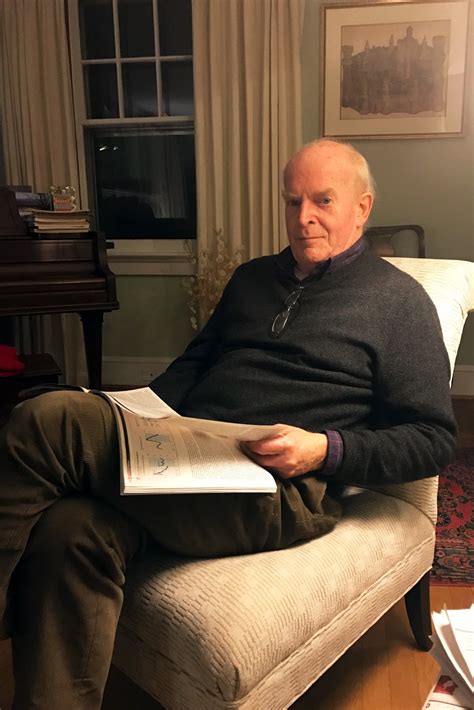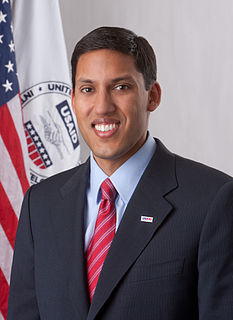A Quote by Wangari Maathai
We tend to put the environment last because we think the first thing we have to do is eliminate poverty. But you can't reduce poverty in a vacuum. You are doing it in an environment.
Quote Topics
Related Quotes
I think one of the biggest mistakes that America has made - and maybe the world because this is, sort of, the core of communism and socialism - is that you can have perfect solutions to social problems like poverty, like crime. You're not going to eliminate all crime. Maybe you'll never eliminate all poverty.
Poverty is a strange and elusive thing. ... I condemn poverty and I advocate it; poverty is simple and complex at once; it is a social phenomenon and a personal matter. Poverty is an elusive thing, and a paradoxical one. We need always to be thinking and writing about it, for if we are not among its victims its reality fades from us. We must talk about poverty because people insulated by their own comfort lose sight of it.
A Resource-Based Economy is in the application of the methods of science with human concern and environmental concern. If we used the scientific method throughout the world, the probability of war drops to zero. The probability of human suffering disappears. Deprivation, poverty, crime - all those things tend to disappear because there's no basis. I'm strictly concerned with the environment that people are raised in and if that environment is altered, so will behaviors be altered.
Hunger, disease and poverty can lead to global instability and leave a vacuum for extremism to fill. So instead of just managing poverty, we must offer nations and people a pathway out of poverty. And as president I've made development a pillar of our foreign policy, alongside diplomacy and defense.
If we continue on the trend we’re on, we can reduce extreme poverty by more than 60 percent-lifting more than 700 million people out of dollar-and-a-quarter a day poverty and back from the brink of hunger and malnutrition. But if we accelerate our progress from 3 percent annual reduction to over 6 percent and focus on key turnarounds in some difficult countries, we could get a 90 percent reduction. We could essentially eliminate dollar-and-a-quarter head count poverty.
One of the most durable successes of the war on poverty was to dramatically reduce the number of elderly poor in America. That's still true today. But, by contrast, child poverty has shot up over the last few years: A decade ago, about 16 percent of children in America were poor - which is a shockingly high percentage. But it's not as shocking as today, when we see that 22 percent of kids live in poverty.




































